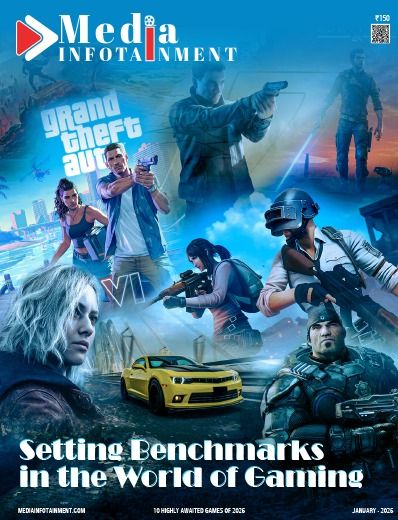Bridging the Skill Gap in Hospitality and Tourism through Skill-based Education
Today, given the rapid evolution and disruption of the hospitality and tourism industry, it has become imperative for professionals to garner a blend of both soft and technical skills to meet heightened customer expectations, embrace technological advancements, and navigate a competitive market. Speaking of which, key skills here include active listening, grooming and hygiene, cultural awareness, time management, teamwork, and technological proficiency.
These capabilities are crucial for delivering exceptional service, achieving customer satisfaction, promoting repeat business, and building brand loyalty. Educational institutions play a significant role in equipping students with these vital skills.
A multidisciplinary curriculum is quintessential, as it combines elements of tourism, business management, technology, and environmental studies, offering students a well-rounded understanding of the industry’s multifaceted demands.
Internships are another critical element. By engaging in real-world scenarios, students gain firsthand experience with guest interactions and customer service expectations - Vineet Mohan
Becoming Future-Ready
Additionally, courses on digital marketing, reservation systems, property management software (PMS), and emerging technologies such as AI, chatbots, and contactless solutions should be emphasized, helping students become proficient in both current and future-focused tools.
Internships are another critical element. By engaging in real-world scenarios, students gain firsthand experience with guest interactions and customer service expectations. Therefore, educational institutions should mandate at least 30 days of internships annually, ensuring students gain practical exposure in service delivery and customer engagement. Regular skill workshops and interactive sessions with industry experts are also key components of a comprehensive curriculum.
These sessions can help bridge theoretical knowledge with practical application, giving students the much-needed competitive edge. Hence, by focusing on real-world skill building and aligning academic knowledge with industry needs, educational institutions can better prepare students for success in the dynamic hospitality and tourism landscape today.
About the Author
Vineet Mohan is a seasoned skill trainer, mentor, and educator with 6 years of experience in delivering skill-based education within CBSE and NIOS curricula. He specializes in hands-on workshops and interactive sessions to boost students’ practical knowledge and prepare them for industry needs. Backed with 22 years of varied experience in hospitality, travel, fashion, and entertainment, he offers real-world insights in the classroom. This wide-ranging background enables him to connect academic ideas with real industry practices, helping students gain the skills necessary to succeed in today’s job market.
🍪 Do you like Cookies?
We use cookies to ensure you get the best experience on our website. Read more...






